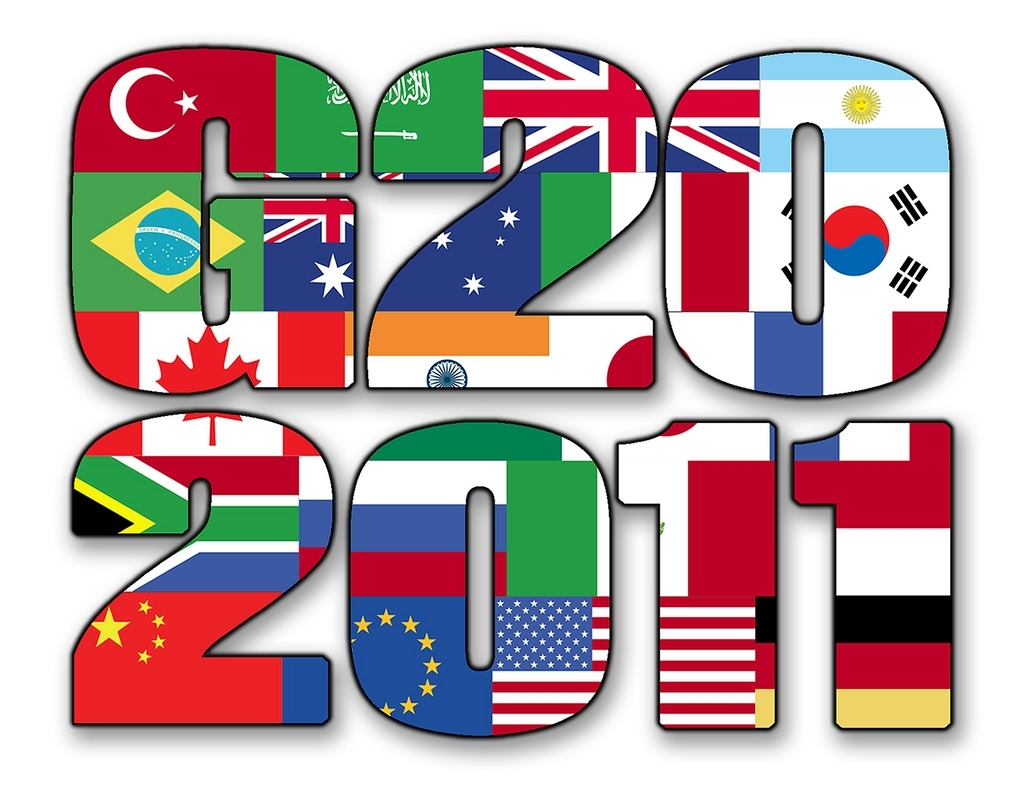
Civil society demands from G20 leaders to put an end to tax haven secrecy
SOMO has joined a network of more than 20 civil society groups and networks from Europe, Asia, Africa and Latin America in a campaign to demand tax justice at the G20 summit in France in November 2011. The campaign ‘end tax haven secrecy’ calls on individuals and groups to take action by sending an e-mail addressing France and the G20 with the demand for specific proposals to achieve transparency and end secrecy.
Why tax justice?
Tax justice is crucial in the fight against poverty as secrecy jurisdictions allow multinational corporations and wealthy individuals resident or active in developing countries to avoid taxation. Thereby denying revenue sorely needed for these countries to provide basic services to the population. Whilst over 100 million children never get the opportunity to go to school, developing countries lose more money through tax dodging than they receive in aid.
Tax havens and financial secrecy make international tax evasion and avoidance possible, and only international regulation and political will can make an end to tax haven secrecy. The civil society declaration states:
“Although as civil society organisations we question the legitimacy of 20 countries to govern the entire world economy, we also stress the central responsibility of the 20 leading economies to consider and address the needs of developing countries. As the most influential members of international standard-setting bodies and the host of major MNCs that do business in secrecy jurisdictions, only G20 countries have the power to overcome the era of global financial secrecy.”
Three key proposals
More concretely, France should promote three key proposals for transparency:
- Country-by-country reporting – requiring companies to report on the profits made and taxes paid in every country in which they operate.
- Registers of beneficial ownership – all companies, trusts, foundations, and charities as well as bank accounts should be registered and these registers must be readily accessible to tax, financial and judicial authorities in every jurisdiction.
- Effective tax and judicial cooperation – including automatic exchange of information between different tax jurisdictions. This would help developing countries collect the taxes they are owed.
Mandatory country-by-country reporting has already been introduced in the US for the extractives industry. Now it is time for the G20 to commit to extend this standard to other jurisdictions and industries. Also, the G20 should participate in a multilateral convention allowing for effective exchange of tax information. The UK for example, already made such a proposal. The updated Council of Europe-OECD Convention on Mutual Assistance in Tax Matters could also be instrumental to that end, provided the participation of developing countries is facilitated and if it allows for automatic exchange of information.
Take action
On the campaign website of End Tax Haven Secrecy [website no longer available, red.] you can find more information and take action by sending an e-mail to the political representatives in your country (if in the G20) or otherwise to the European Commission chair José Manuel Barroso – and to President Nicolas Sarkozy, who is chairing the G20 this year. Already more than 8.500 people have taken part in the action. We are aiming at a high number of signatories before the G20 meeting in November. In September the campaign is organising a global day of action, calling on the finance minister of the G20 to take action to End Tax Haven Secrecy.
Related news
-
The Netherlands – still a tax haven Published on:
 Arnold MerkiesPosted in category:Publication
Arnold MerkiesPosted in category:Publication Arnold Merkies
Arnold Merkies
-
 Tax avoidance in Mozambique’s extractive industriesPosted in category:Long read
Tax avoidance in Mozambique’s extractive industriesPosted in category:Long read Vincent KiezebrinkPublished on:
Vincent KiezebrinkPublished on: -
The treaty trap: The miners Published on:
 Vincent KiezebrinkPosted in category:Publication
Vincent KiezebrinkPosted in category:Publication Vincent Kiezebrink
Vincent Kiezebrink

